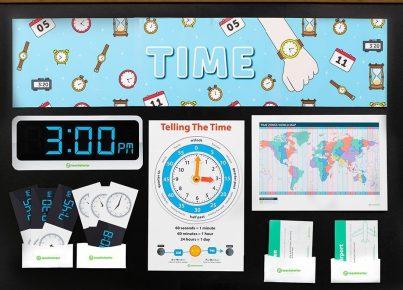Introduction:
Philosophy might seem like a complex subject only reserved for adults, but introducing philosophical topics to children can foster critical thinking and stimulate their curiosity. Here are 20 engaging philosophy activities that kids can enjoy and benefit from:
1. The Ship of Theseus: Explore the concept of identity with the famous paradox of the ship of Theseus. Ask children to consider whether an object remains the same if all its parts are replaced.
2. Philosophical Chairs: A debate-style activity that allows kids to discuss moral and ethical dilemmas in a structured format.
3. The Trolley Problem: Present this well-known moral dilemma and let children discuss which path they would choose to save lives.
4. Socratic Circles: Encourage kids to engage in open-ended discussions, asking questions instead of asserting opinions.
5. Teachable Moments: Use everyday situations or stories to help children distinguish right from wrong and reflect on their feelings.
6. Ethical Parables: Share short stories with ethical scenarios, and give children a chance to reflect on the characters’ actions.
7. The Cave Allegory: Use Plato’s famous allegory to discuss reality, perception, and truth with children.
8. Philosophical Pictionary: Combining art and philosophy, this game gives children a chance to depict abstract concepts like justice, courage, or wisdom through drawings.
9. Thought Experiments: Introduce kids to classics like Schrödinger’s cat or the twin paradox and inspire critical reflection about scientific principles.
10. Superheroes Ethics: Use popular superheroes as examples for teaching morals and values like fairness, honesty, or loyalty.
11. Personal Identity Activity: Kids create a simple self-portrait collage while simultaneously reflecting on their personal identity and inner values.
12. The Golden Rule Puzzle: A cooperative problem-solving activity that demonstrates the importance of treating others kindly.
13. The Perfect Society: Encourage children to imagine and describe their view of an ideal society and government.
14. The Justice Shop: Kids create a list of values they deem essential in a just society, then exchange these as ‘currency’ to see how we balance different principles.
15. The Emperor’s New Clothes: A classic tale to explore groupthink, self-expression, and honesty with children.
16. Mindfulness in Nature: Teach kids mindfulness techniques, such as walking barefoot in a natural setting, to help them appreciate the present moment.
17. Symbolic Language Activity: Explore the power of metaphors and similes by comparing abstract concepts with relatable everyday objects.
18. Question Box: Provide a box where kids can place anonymous philosophical questions for discussion at a later time.
19. Time Capsule Project: Ask children to create their personal time capsules containing items that represent their beliefs or values for preservation and reflection in the future.
20. Philosophical Puppet Show: Create puppet theater performances depicting moral dilemmas or ethical scenarios, encouraging children to reflect on the situation and consider alternative actions.
Conclusion:
With these 20 engaging activities, kids can learn about philosophy in an enjoyable and enriching way. By introducing philosophical concepts at an early age, we can nurture deep thinkers who are aware of their beliefs and values and have the skills needed for effective decision-making as they grow into adulthood.





